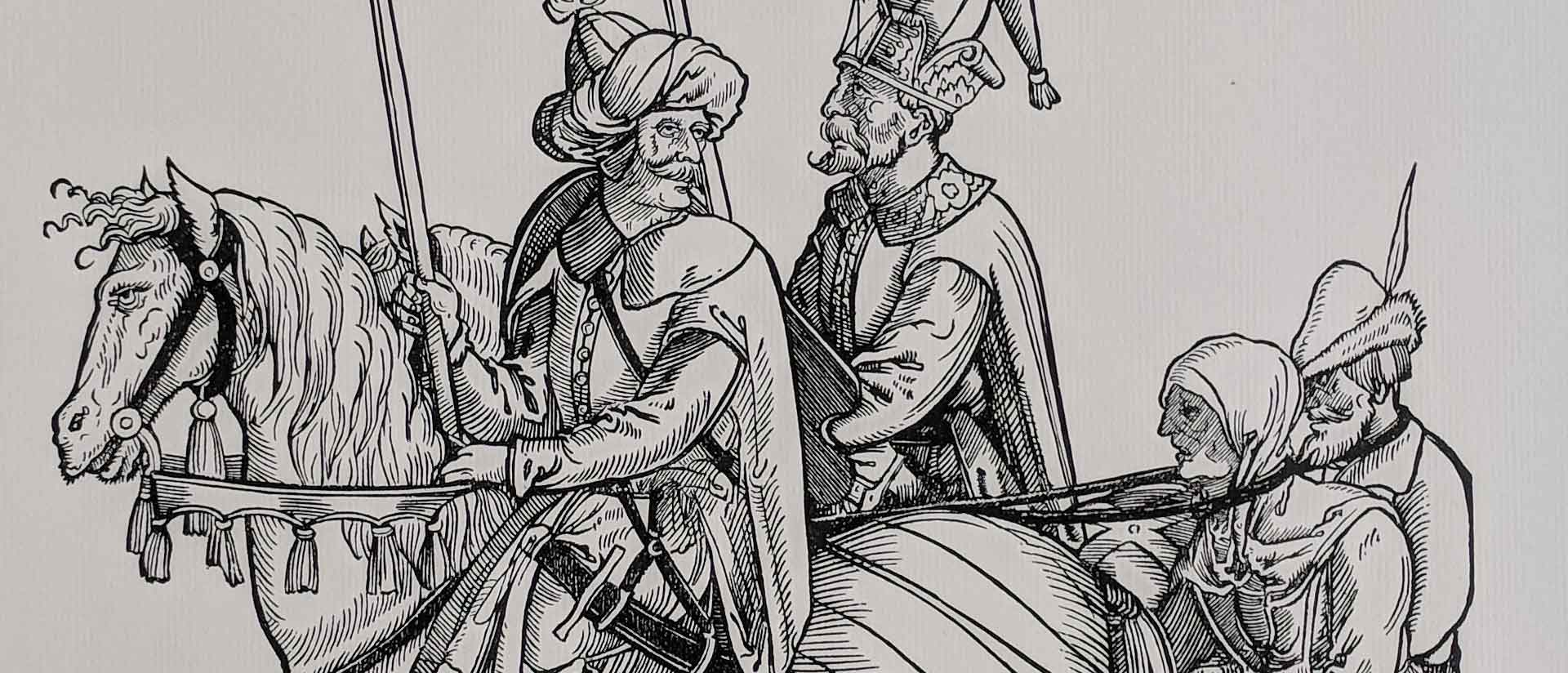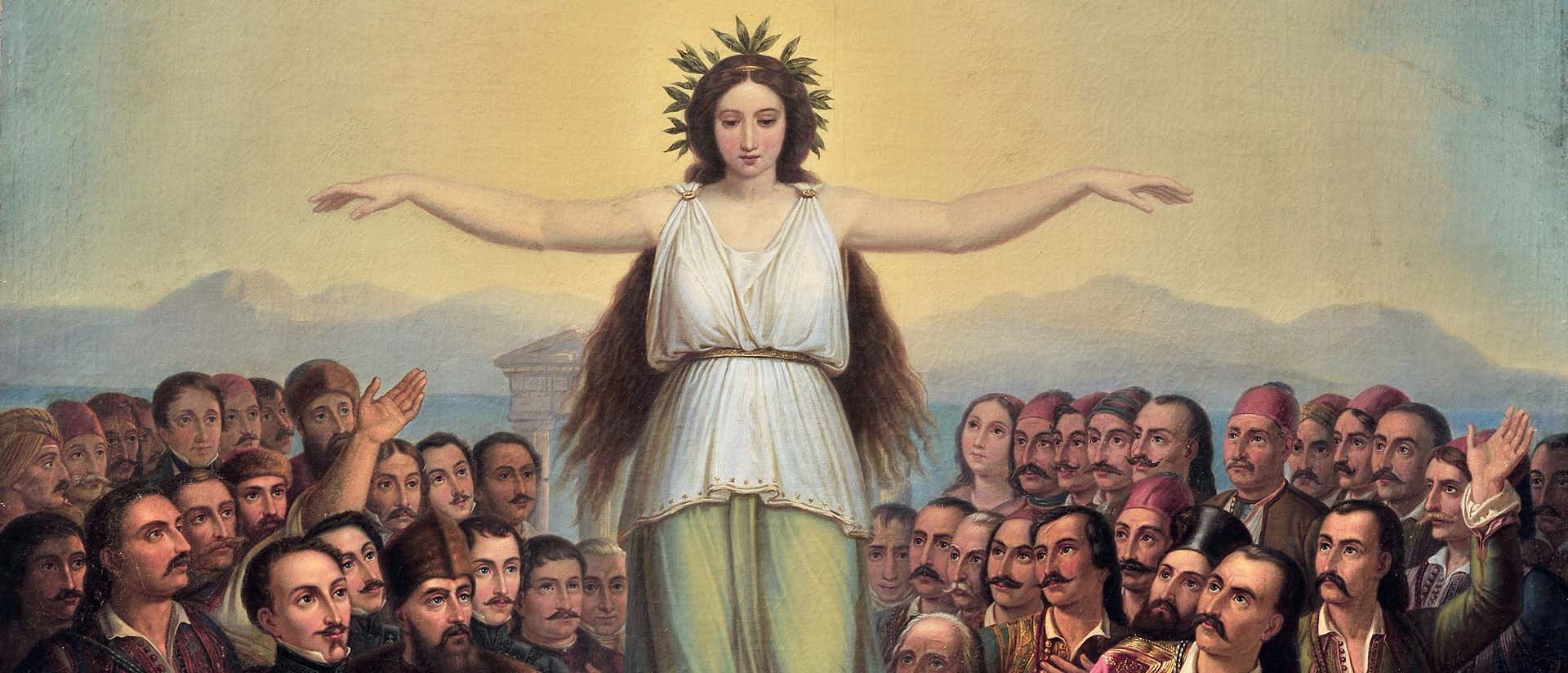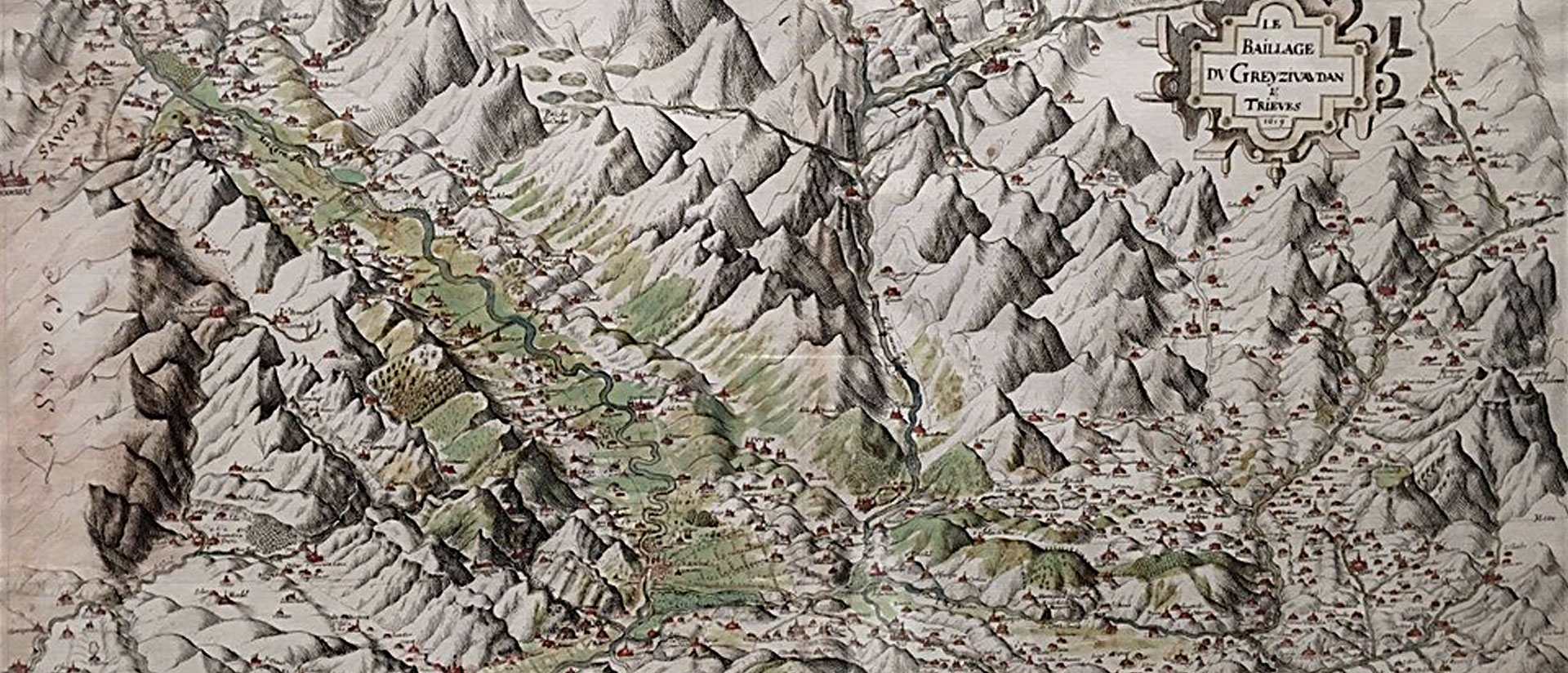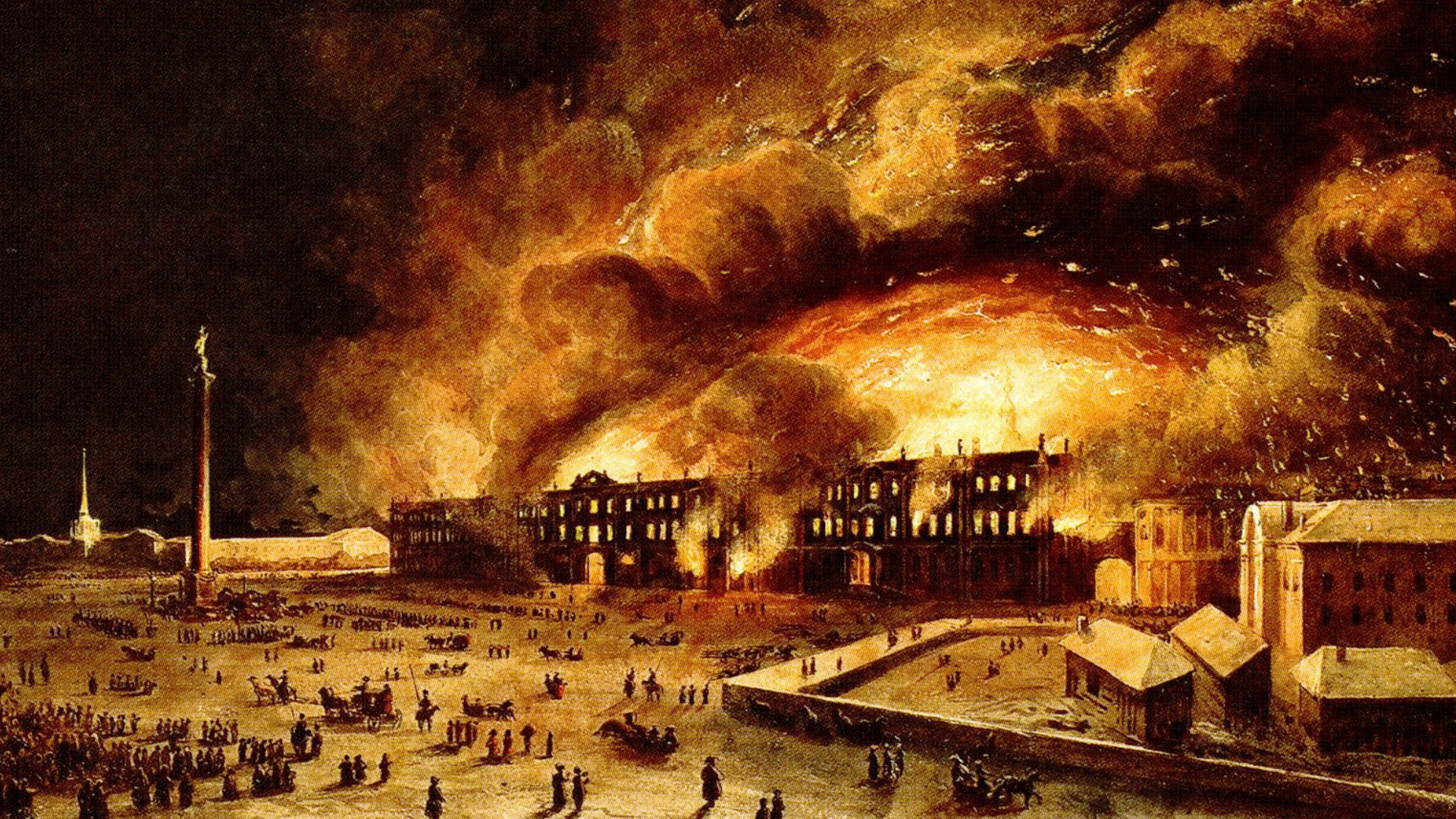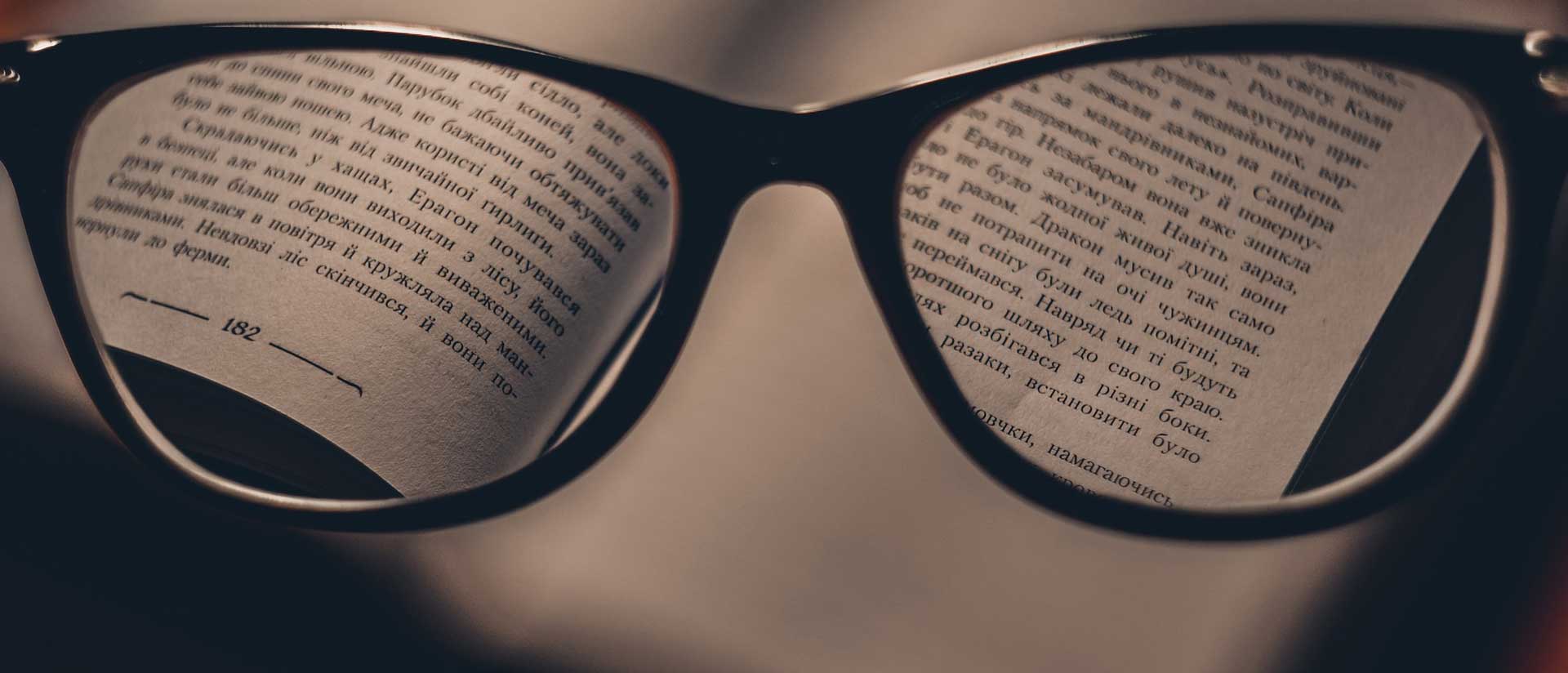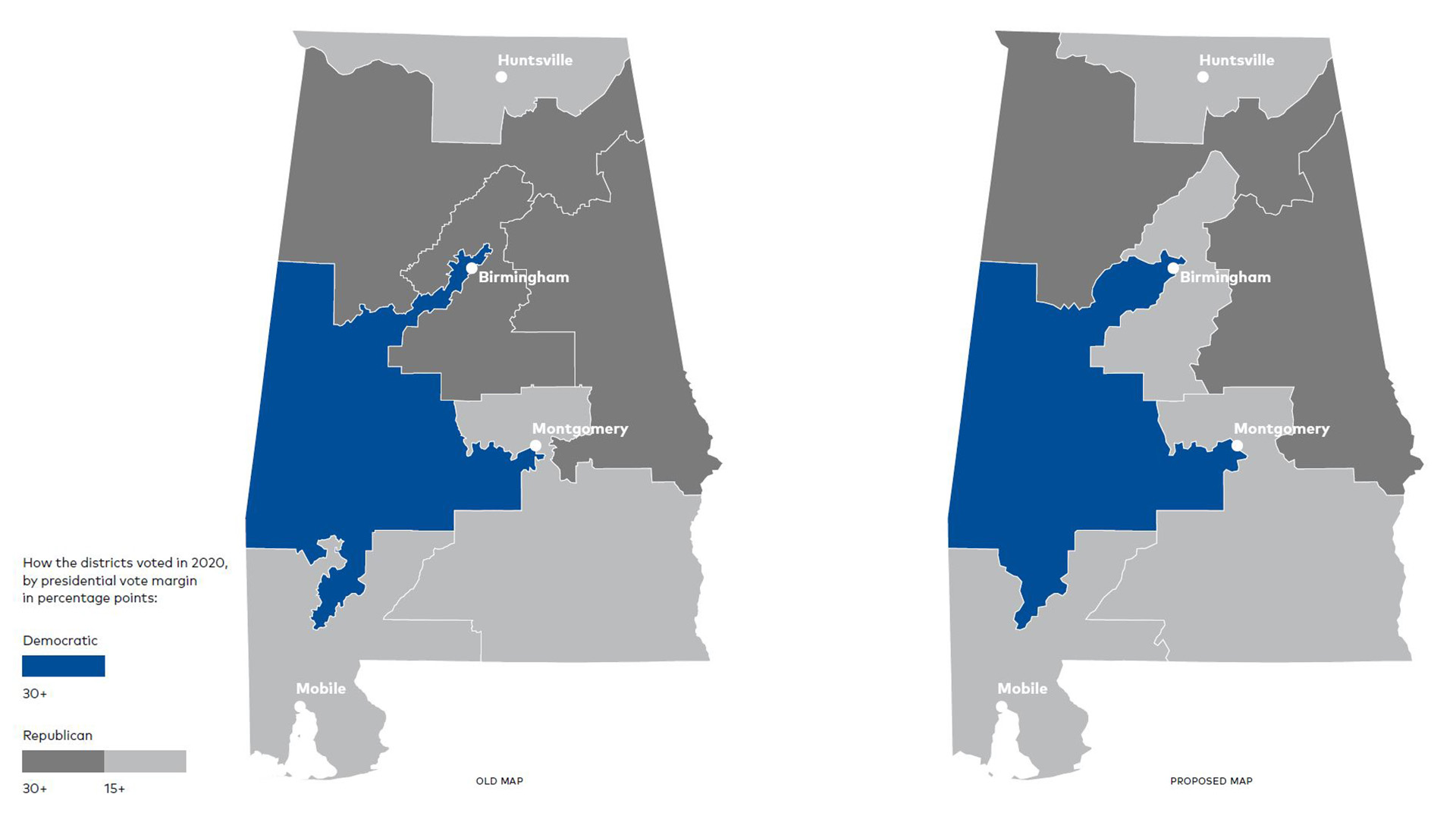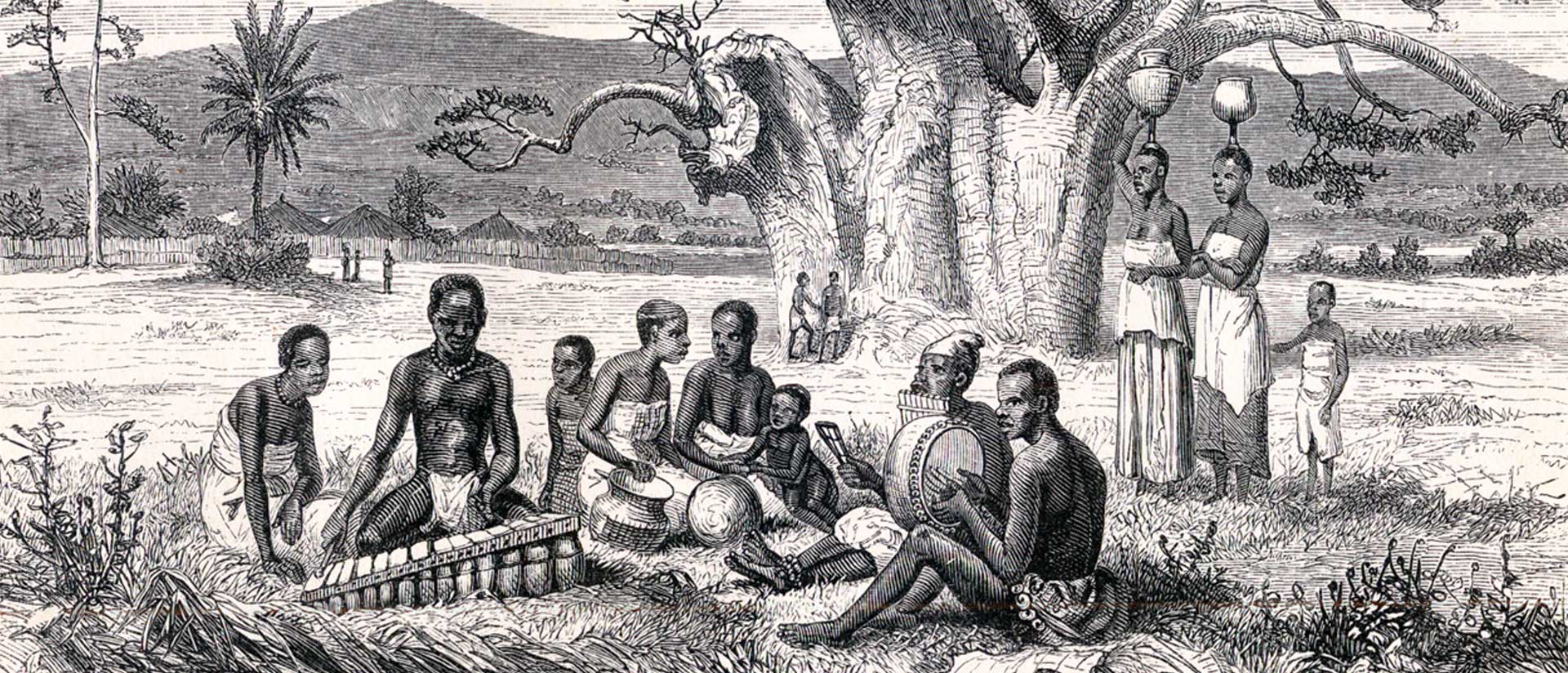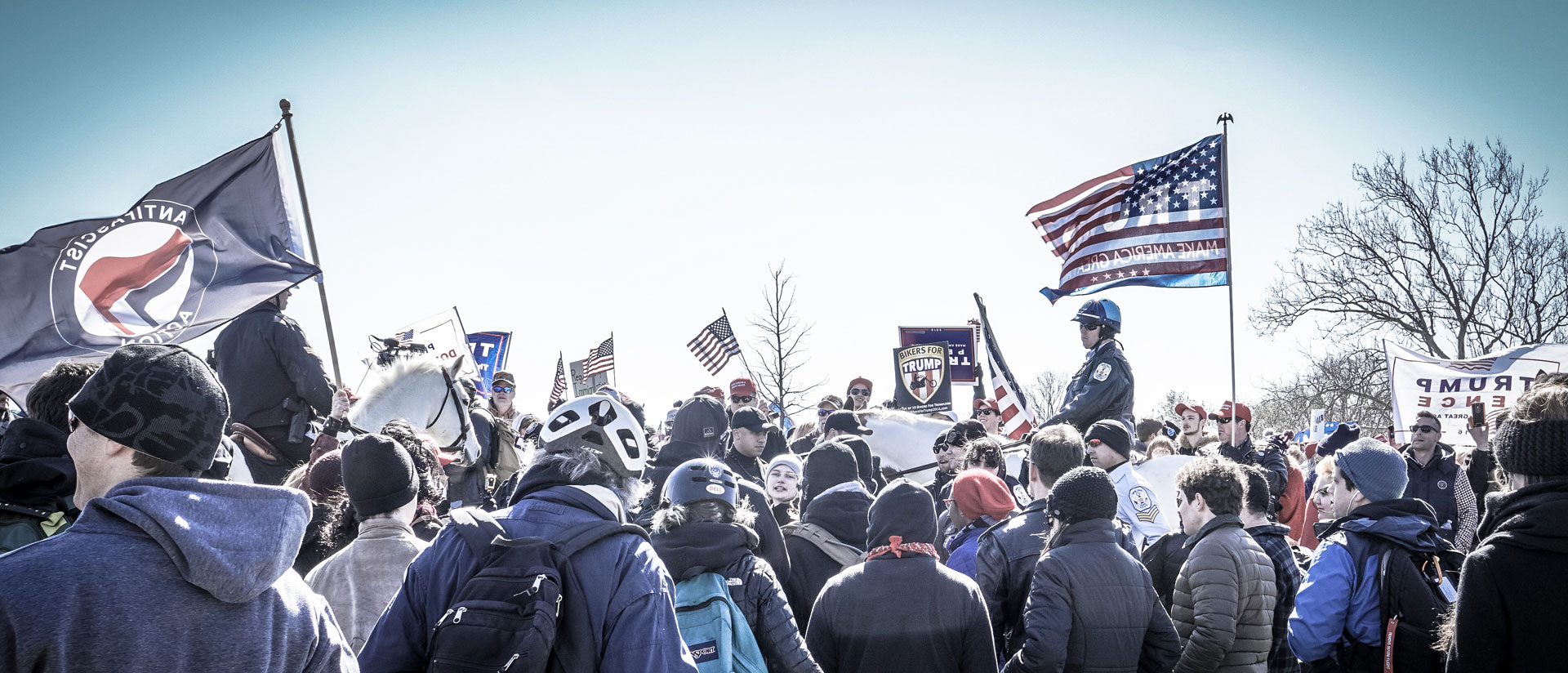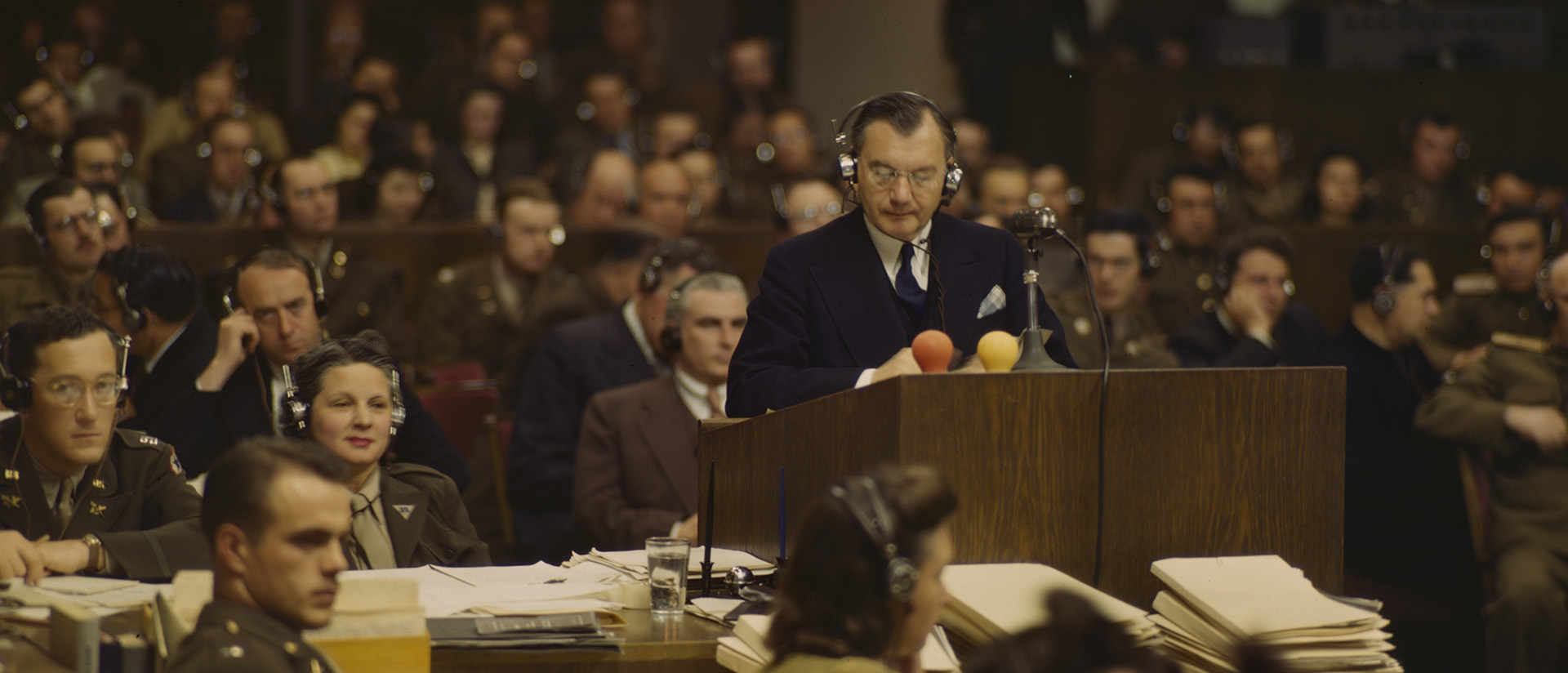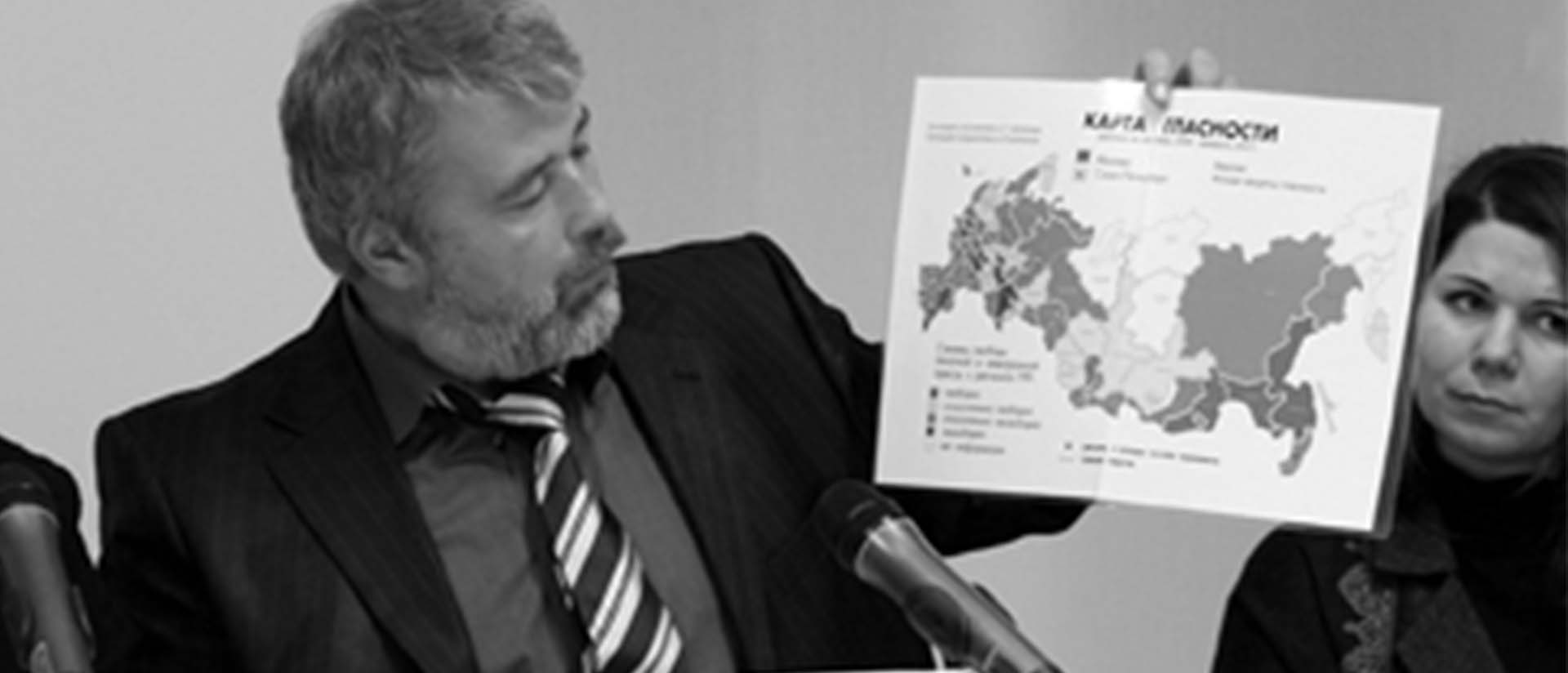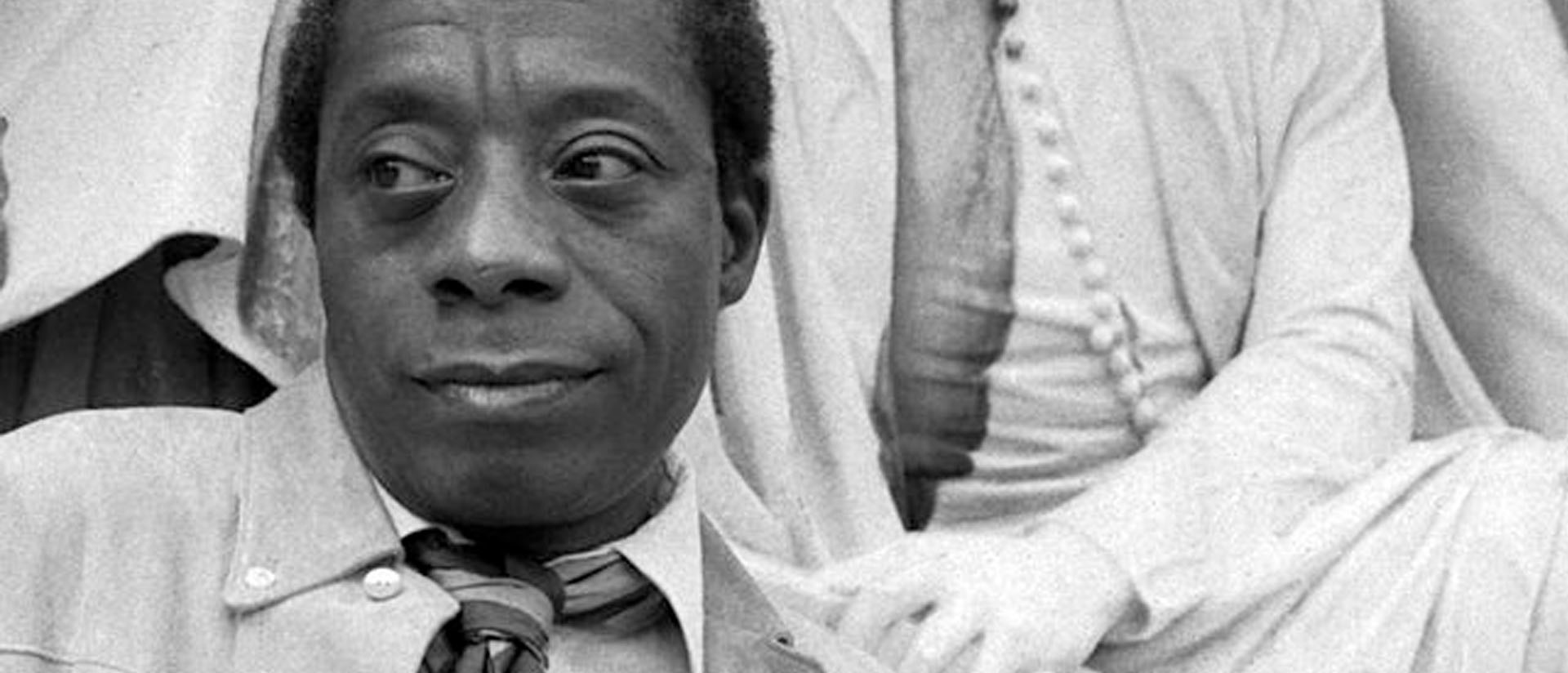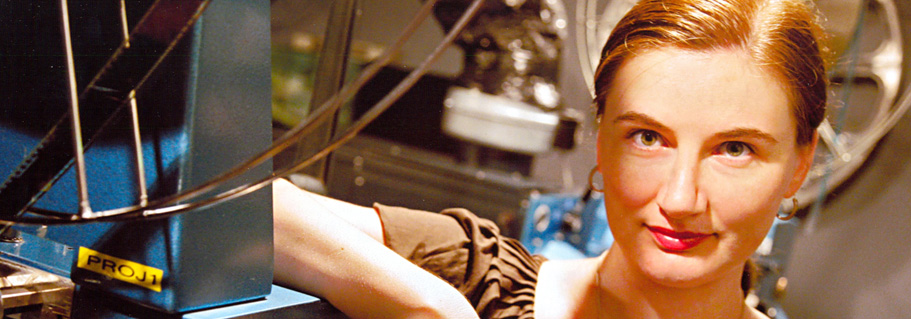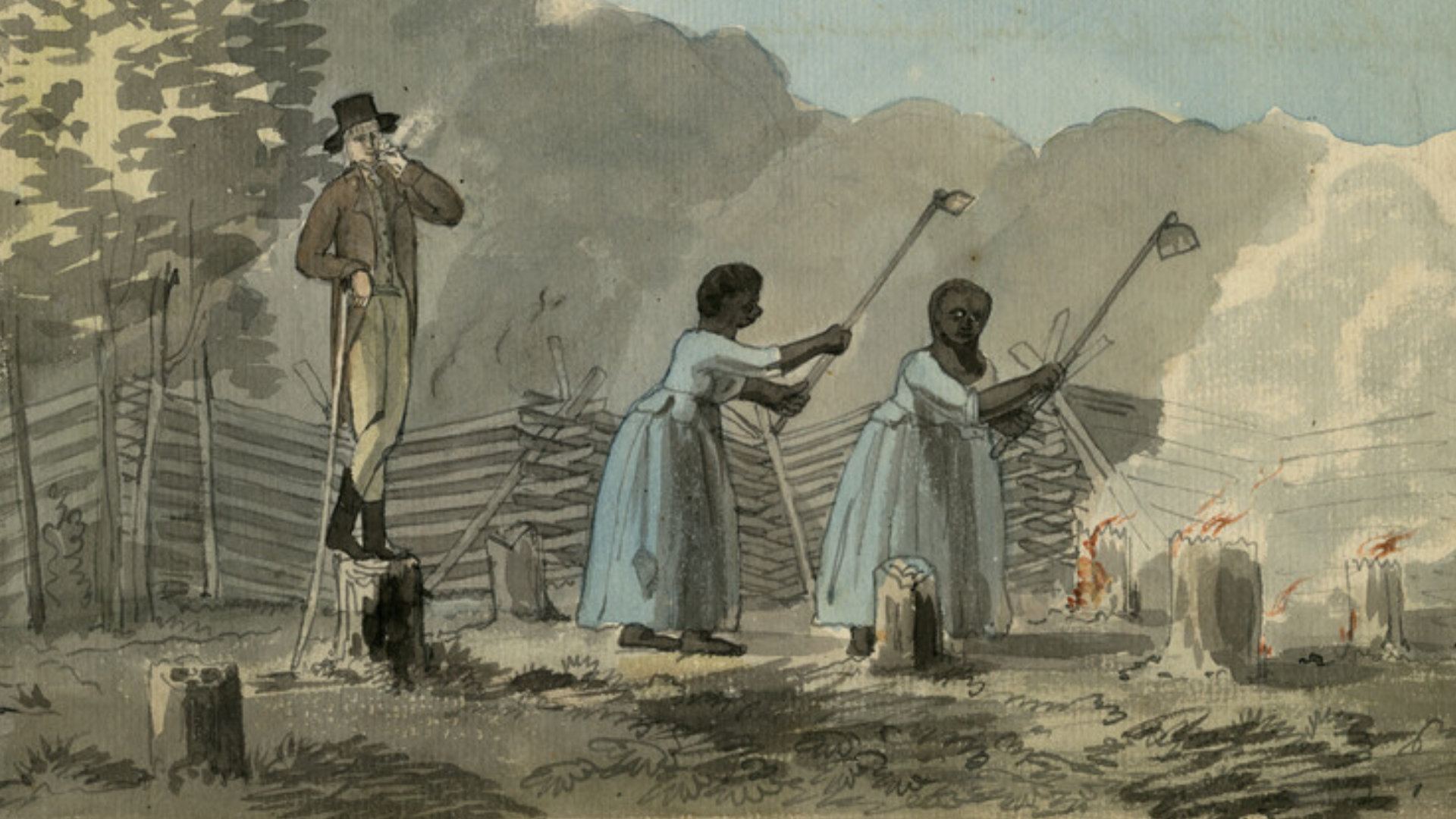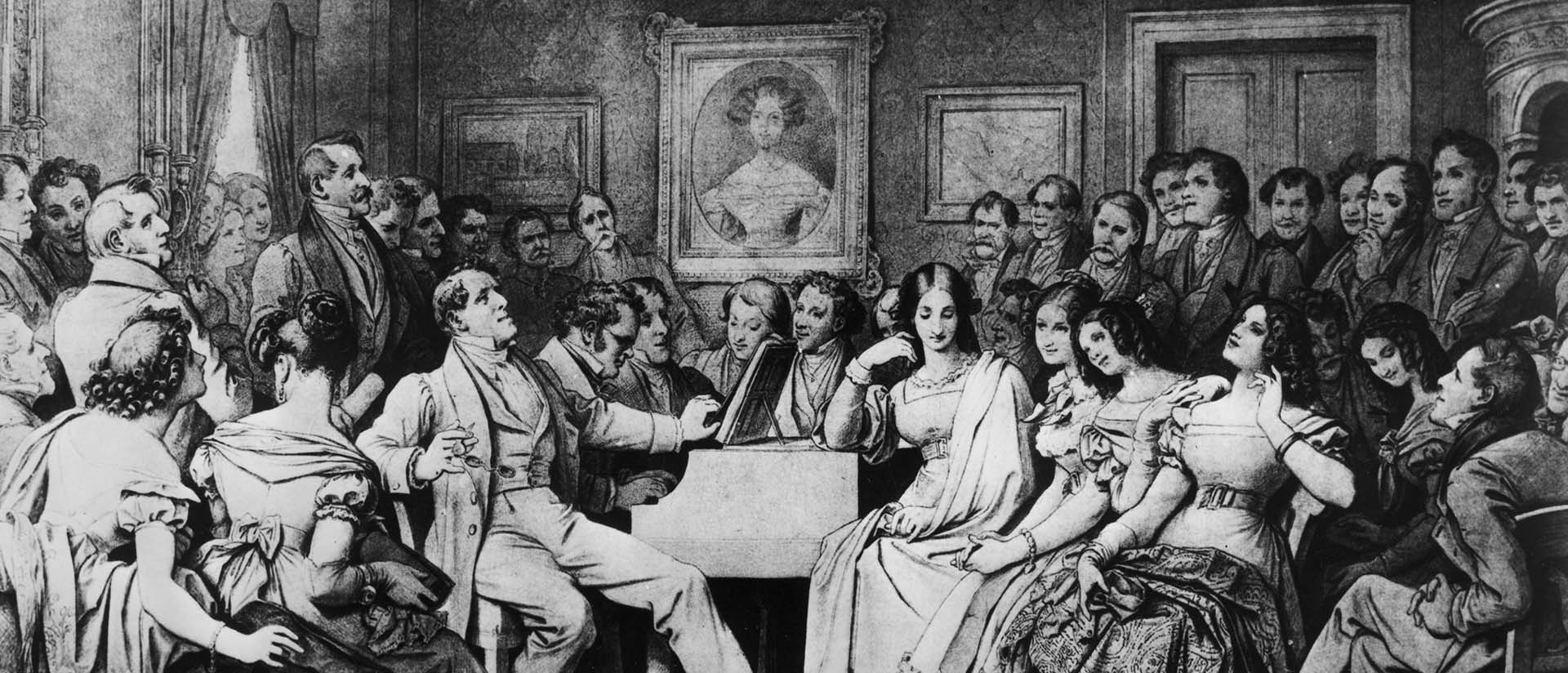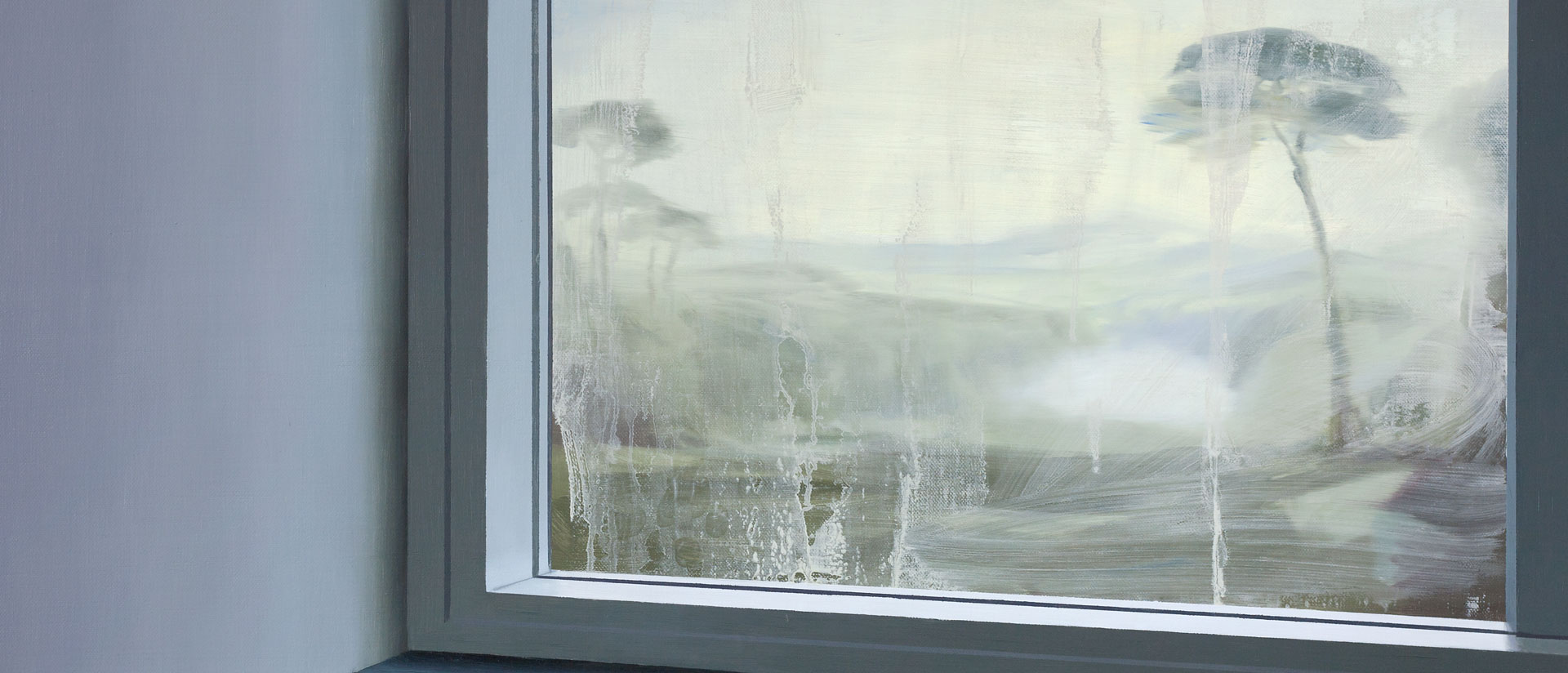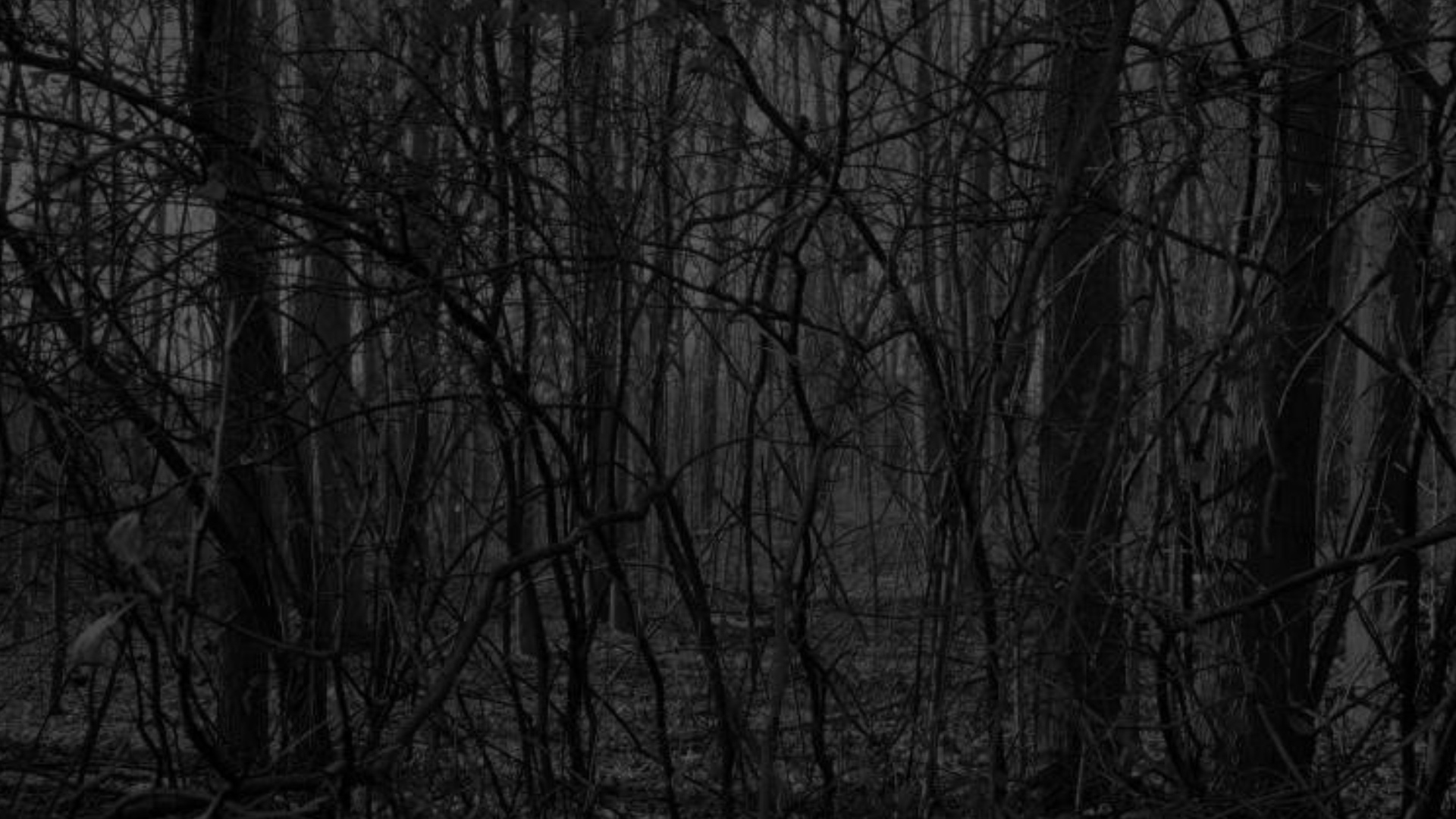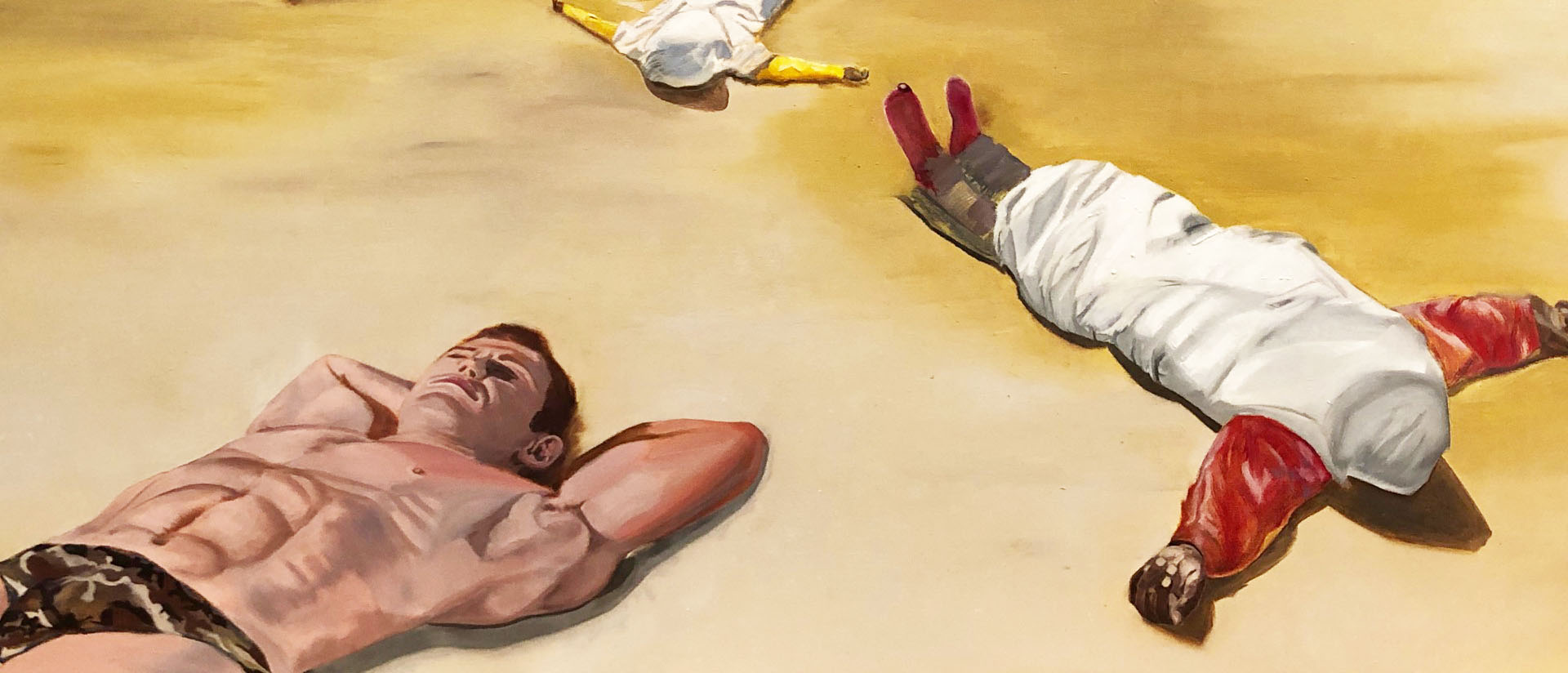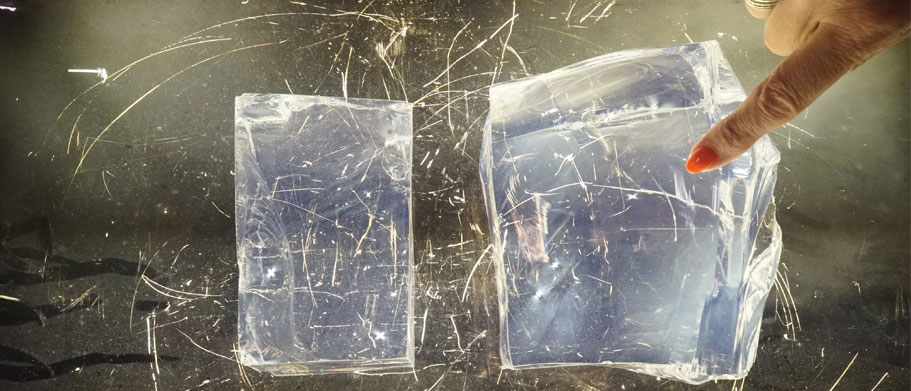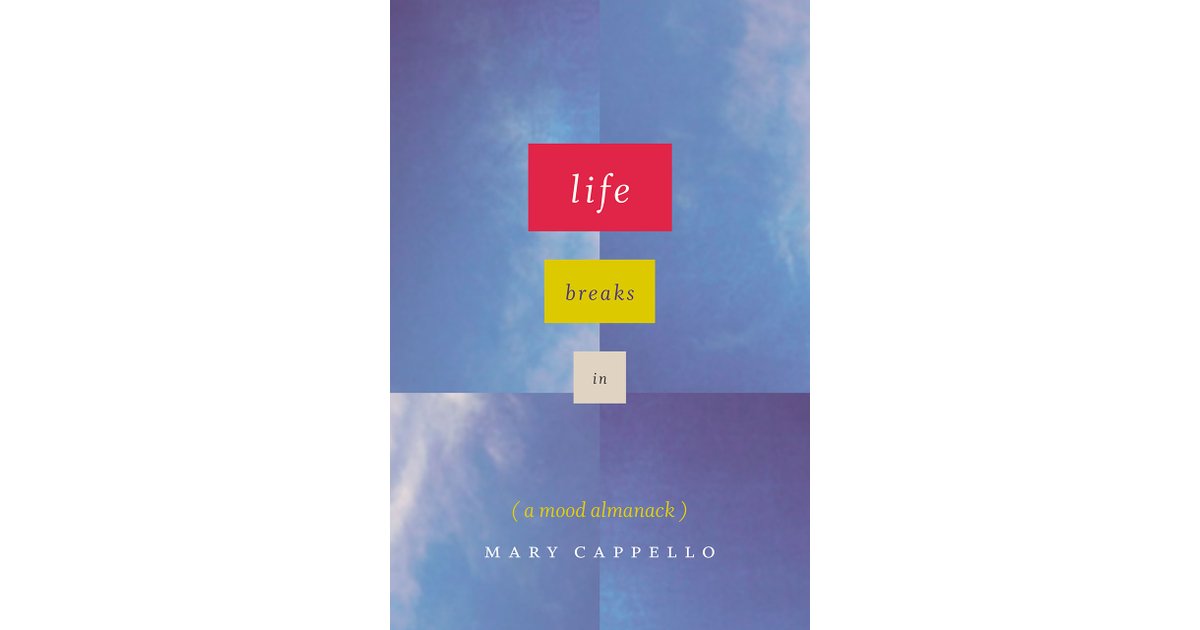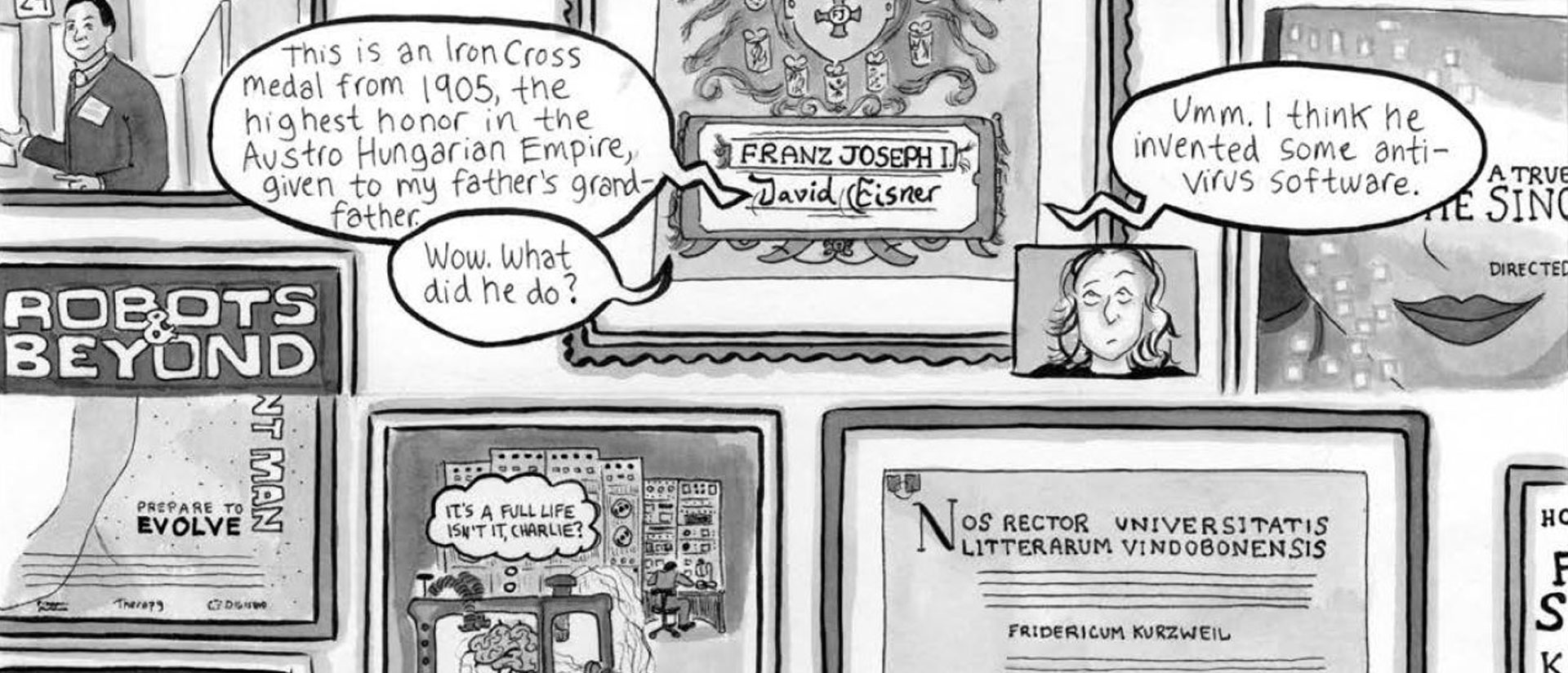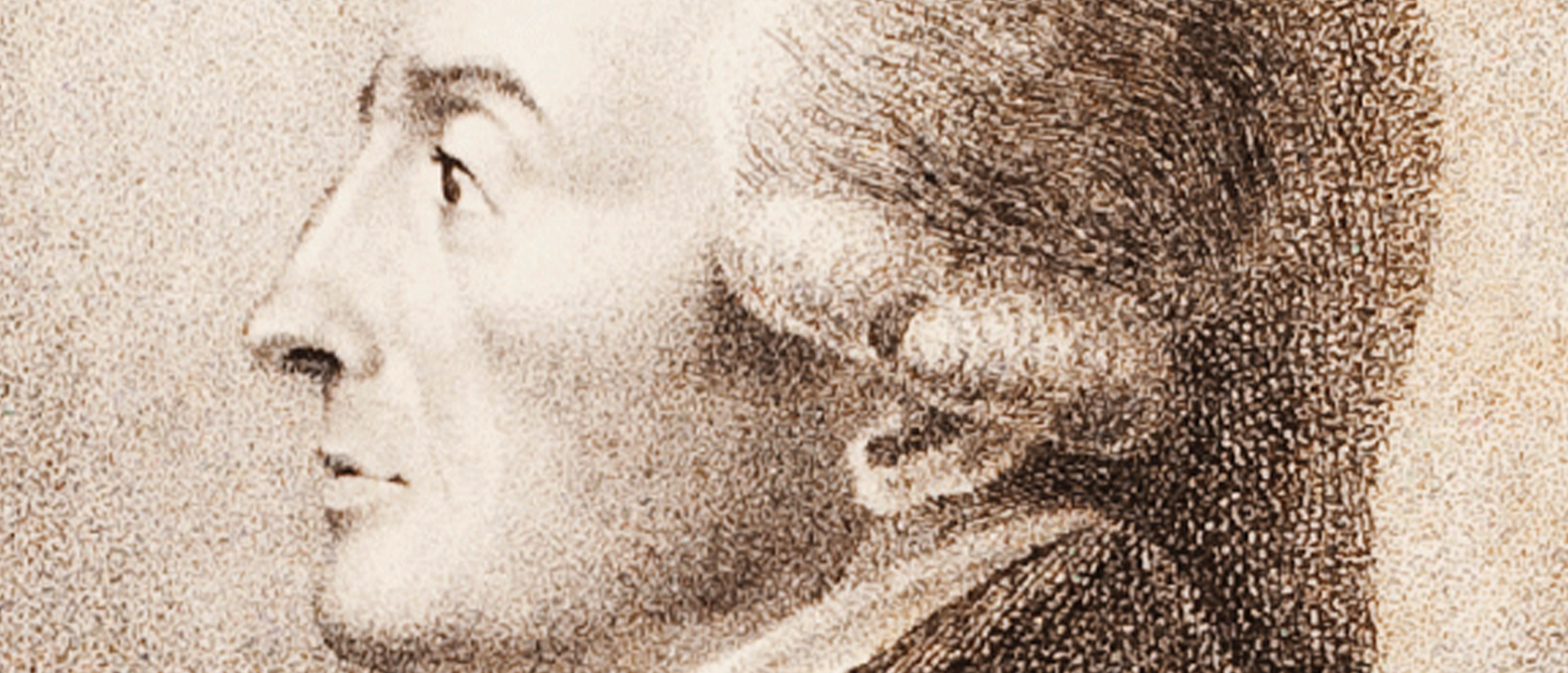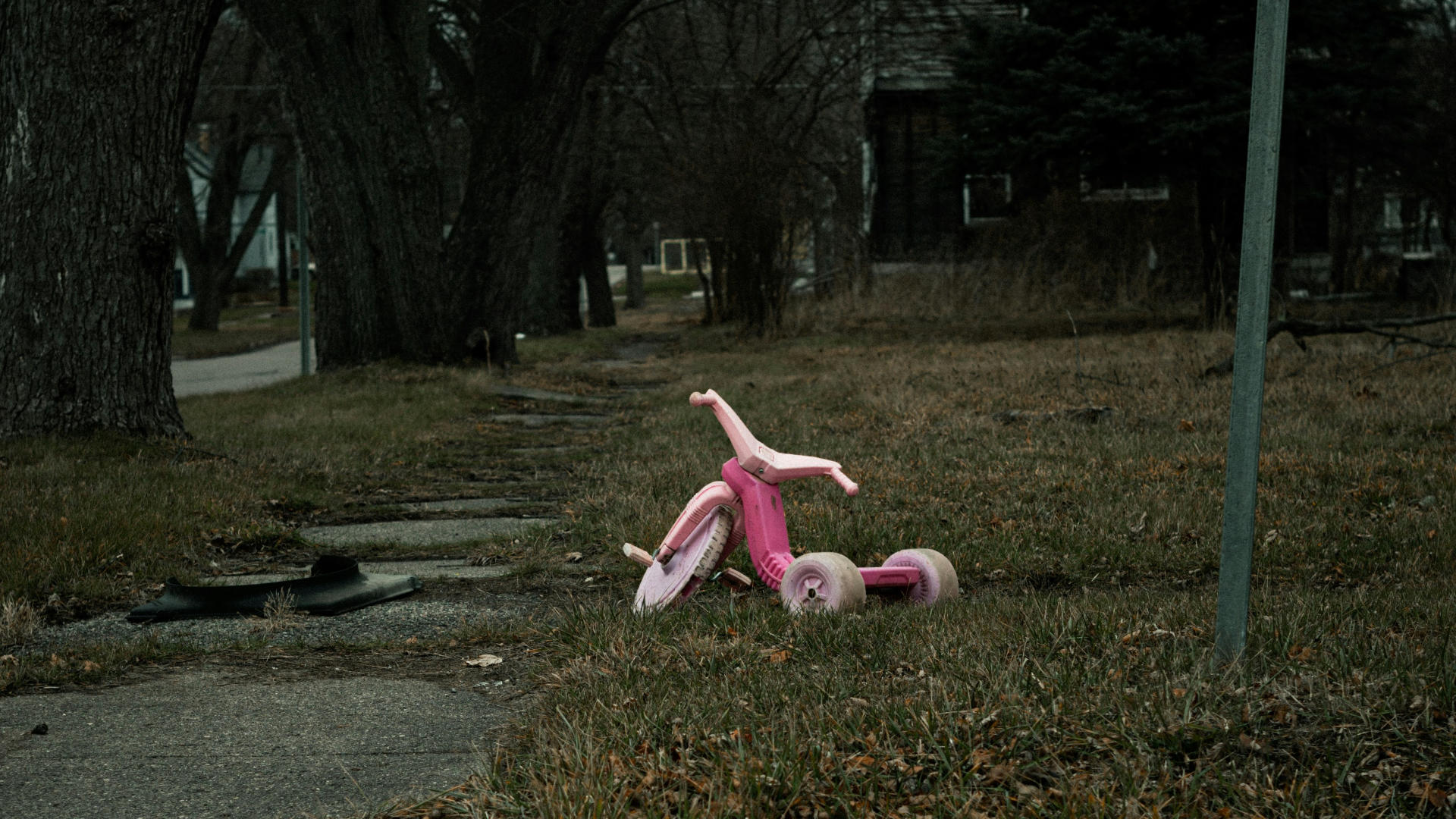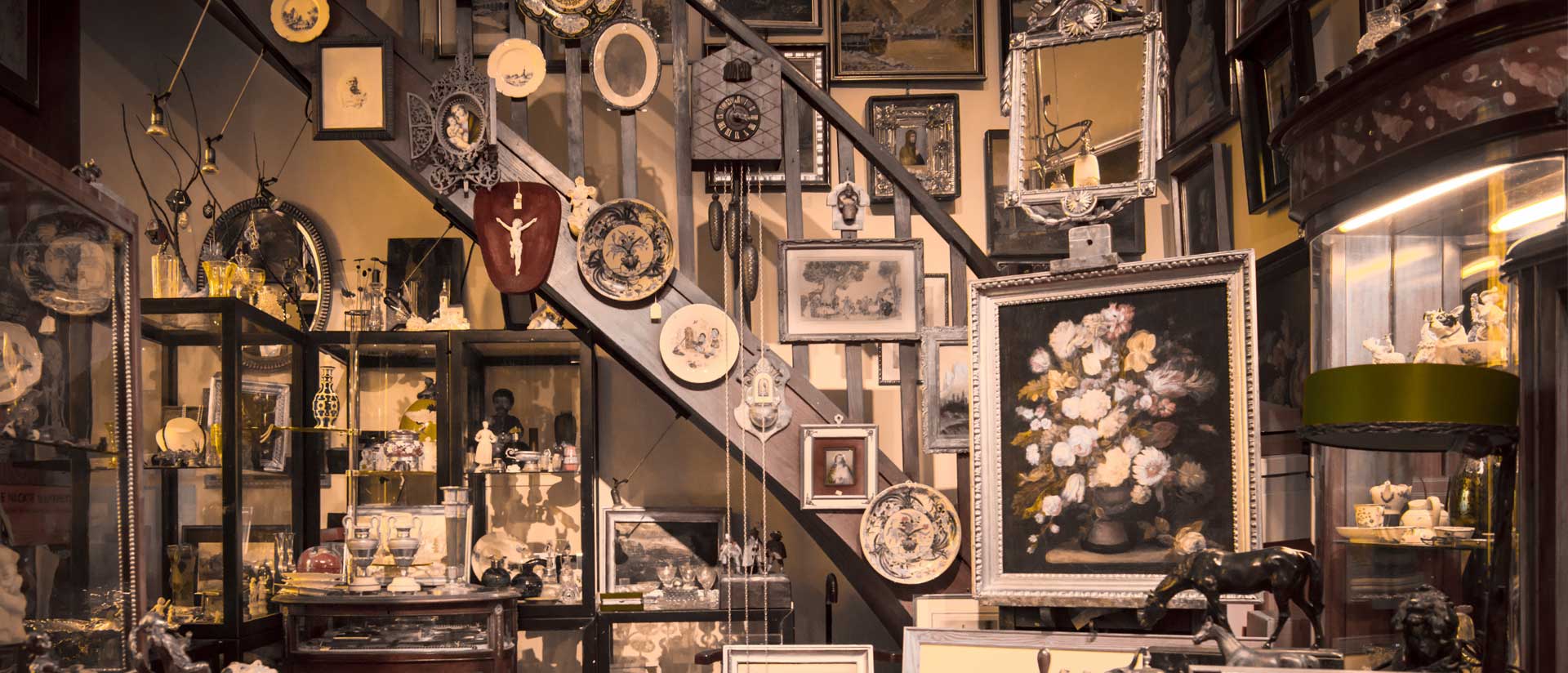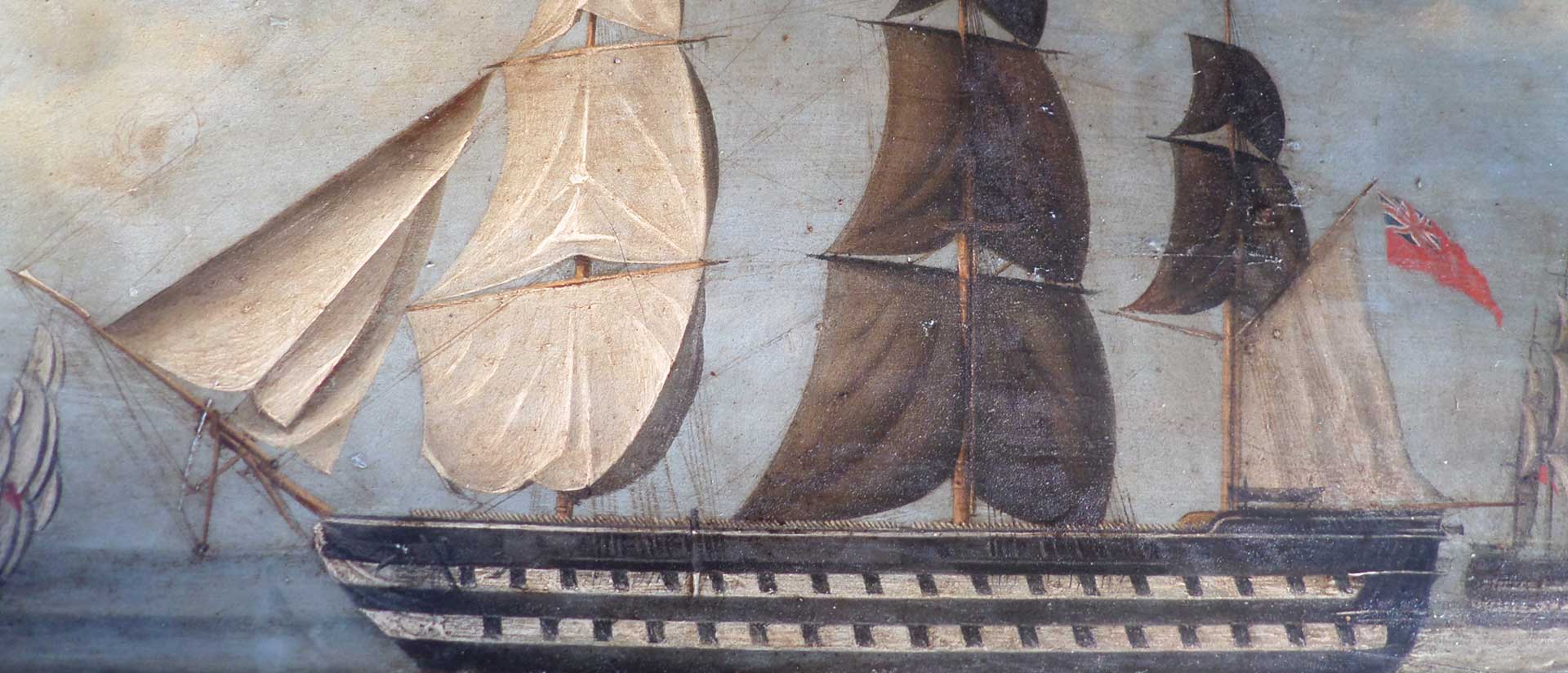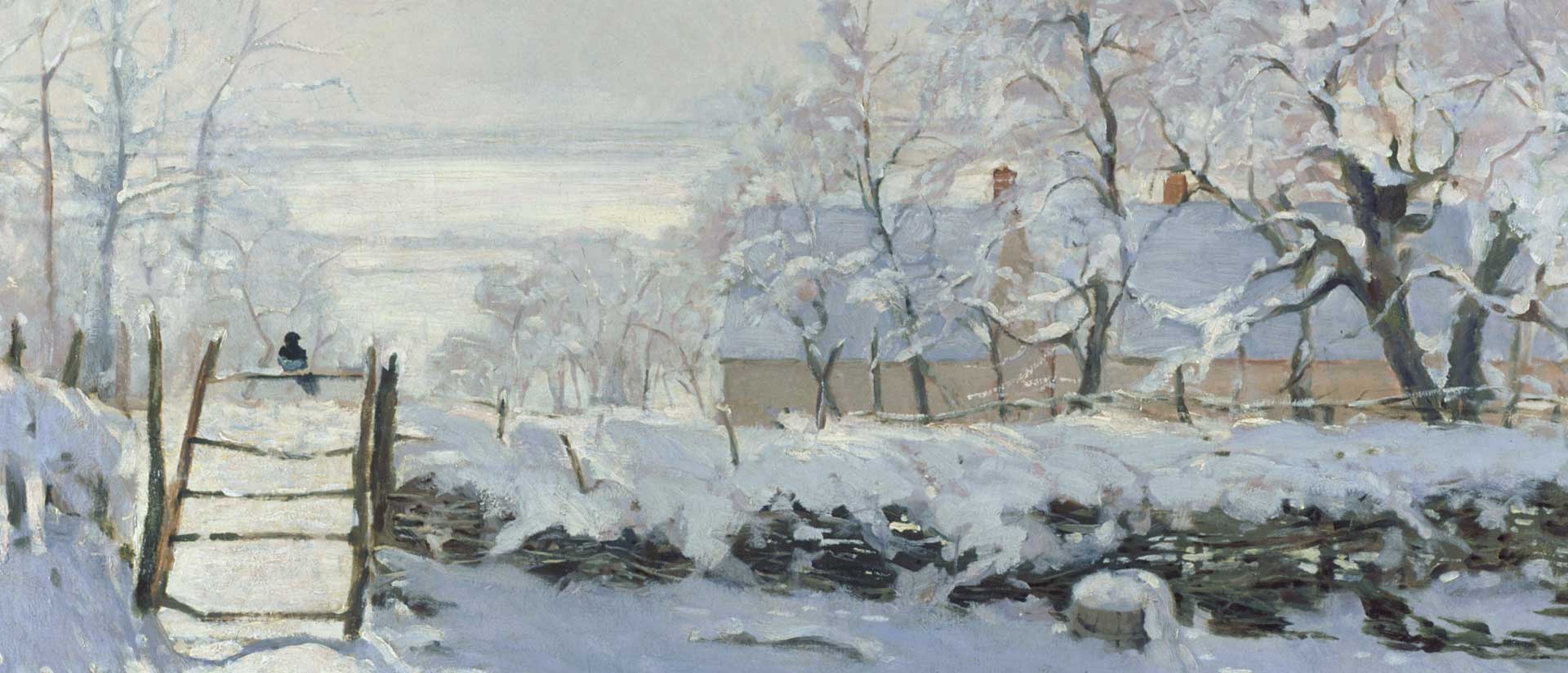
All Included
Fiction by Paul La Farge
— Ghosts? Alida said. In an old house like this, probably.
Robert was only joking, but he had expected a less equivocal answer. — I see. Is that why…?
— The price? Alida laughed. — Oh, honey, no. That’s called divorce. And it’s winter, you’re smart to be buying in the winter.
— I see, Robert said again. And the furniture?
— Not included! But if you want it, I can ask the seller. I don’t know where she thinks it will all go.
— Thanks, but no.
— New broom, Alida said. Just what an old house needs. Look, here’s a cedar closet for your coats and sweaters and things.
Half an hour later, Robert shook Alida’s oddly warm hand, got into his car, and found his way to the Taconic. He wanted the house. Who wouldn’t want it? A historic three-bedroom farmhouse on five acres of land, hundreds of feet above sea level, and relatively close to the city! By the time he reached Westchester, Robert was daydreaming, masochistically, about being outbid by vile hedgies who would lay glass tile in the shower, or crypto-bros who’d hold shamanic rituals in the woods. He called Alida from the Bronx and said he was ready to make an offer.
— Wow, okay, love at first sight?
— It’s a good place, Robert said stiffly.
Four busy weeks later, the house belonged to Robert. He drove up to take possession on a Friday afternoon, bringing with him a few things that would come in handy. But his first emotion, on opening what was now his side door, and stepping into his mud room, was disappointment. Now that the furniture was gone, the rooms looked smaller than he remembered, and less bright. The floor bulged, as though trying to contain something that was trying to come up from below. The charming Revolutionary stairs were crooked, the paint on their treads badly scratched. Robert touched the ovoid complexities that ran along the underside of the dining-room mantel: original woodwork, Alida had affirmed. Carved in the days when the ink wasn’t dry on the Constitution. He tried to project his mind back into that time, to feel the thrill of the American experiment as the people who lived here then might have felt it, but what he actually felt was that the previous owners’ furniture might be gone, but its smell remained: cat pee and Febreze. He opened one of the beautiful twelve-paned windows and let in a slab of frigid air.
When he looked in the living room, he saw that the previous owners’ furniture was not, in fact, entirely gone. A loveseat and a rocking chair remained: the chair by the front windows, the loveseat at an angle to the fireplace. Robert wondered if the seller had left them behind for him. More likely she’d run out of room in the moving truck, and guessed it wouldn’t be worth his while to complain. And she was right, he thought, but still. Away with you! He lifted the rocking chair, with the idea that he’d stick it in the basement, but it was strangely heavy, as if its frame were reinforced with lead. It didn’t matter. Robert would come back with guys — guys would remove it. On his way out of the room he noticed a third item that had been left behind: an iron lawn jockey which functioned as a doorstop, keeping the living-room door open. He scowled at it. It grinned indifferently.
— You’re going, too, he said.
He went out to the car and brought in his supplies. The easel, the precious Audubon, the tackle box with his watercolors and inks. A box of kitchen things and some meager groceries from the gas-station deli on Route 9. A beat-up but still warm ski jacket, which he hung in the cedar closet. A pair of binoculars. On his last trip in, he saw that it had begun to snow. He set up the easel in the little south-facing room he’d marked out as his studio, and spent a while turning it one way and another. When it got dark, he went downstairs. The snow fell heavily now: he could see it swirling outside the kitchen windows. Robert had planned to drive on to the house of some old friends who lived in the Catskills, but the thought of attempting their mountain road at night, in a snowstorm, discouraged him. Why chance it? He called his friends to say he wasn’t coming; they did not sound disappointed, or even, he thought, particularly surprised.
Robert heated a can of minestrone in the pot he’d brought from the city, buttered two slices of un-toasted bread, and took the meal into the living room. He sat in the rocking chair and watched snowflakes halo a white-blue streetlamp up the road. What did people do here in the winter, he wondered. He pictured a fire in the fireplace, a frocky Revolutionary family singing along with an odd tortoiseshell piano, only he didn’t know any songs from the period, so their music was a jumble of Christmas carols and “The Star-Spangled Banner.” He washed his dishes with fragrant gas-station-deli dish soap, brushed his teeth, and lay down on the loveseat to check his phone. It, the loveseat, was too short, but if he drew his knees up it became tolerable. The problem was the cushion, which stank of farts and dust. If only he had something to spray it with, he thought, and chuckled at his own foolishness and snobbery. That was when the ghost came in. She was black, which was almost as surprising to Robert as her being a ghost at all.
She was much younger than Robert, was his next thought. Thirty at most. She wore a long brown dress and a blue apron. Her hair was tied back under a neat yellow kerchief.
— You shouldn’t have let the fire go out, she said.
— Sorry, Robert said.
— Never mind, the ghost said. Only my knees hurt when it’s cold like this. Looks like it’s going to snow all night.
— How can you tell?
— No wind, and there’s a smell in the air, can’t you smell it? A heavy smell.
— Maybe. Robert smelled only sofa cushion.
— There, the ghost said, without having done anything visible. She rose to her feet.
— Will you need anything else?
— Have you got a bed? Robert was delighted by his failure to be shocked, unless this was shock.
— You want a bed down here?
— No, never mind. What’s your name?
— Anna.
— Have you been here long, Anna?
— Yes, a while.
— I just moved in, Robert said. I’m Robert.
Anna curtsied. Before he could say anything else, she was gone: carried out of the room on quiet ghostly feet. Robert lay still, almost not breathing, not because he was afraid of the ghost — he still wasn’t — but because he was afraid of inconveniencing her by making her come back in. This is extremely strange, he thought, but he was the one who had brought up ghosts in the first place, so he couldn’t claim to be entirely surprised. And it was nice, in a way, to imagine that he wasn’t alone.
The snow was impassable the next morning. Robert’s car, seen from the house, was a white lump. He boiled water, made a mug of fancy Ethiopian coffee, and wondered what to do. He remembered seeing a shovel on the porch, but if it had been there once, it was gone now. The storm had left bitter cold air behind, and gusts of wind that kicked up the stinging dry snow. Robert hurried back in and stood in the mud room, rubbing his frozen hands. He’d have to call for help. Fortunately, there was a phone book in the coat closet, a fat yellow phone book, practically a historic artifact. Robert looked up “Snow Removal” and made a round of calls, but no one answered. He left his number, trying not to sound too desperate, or too out-of-town. He went down to the basement to look for that shovel, and was surprised to find, in the jumble of paint cans and nail-bearing boards which the previous owner had left behind, a low red bookcase full of paperbacks. They were all mysteries, Robert saw, and practically all by the same person, a writer he’d never heard of named Towers Wick. Their titles all had Death in them: Death of an Average Joe, Death Takes Ten, Death Doubles Down. Robert was not a mystery reader; he liked the classics, Balzac, Dickens, Conrad, Henry James. Still, beggars, et cetera. He took a much-used copy of Death, All Included up to the living room, and, with an easy feeling that the house was looking out for him, settled in the rocking chair and waited for the snow-removal people to call.
Death, All Included was set in one of those hermetic Caribbean resorts that Robert had instinctually avoided all his life: a compound of tawny cement bungalows against a background of mangrove swamps, a white beach and sparkling blue water all the way to the horizon. The main characters were Rex, a portly old detective, and his young assistant, Archie; they were on vacation. They did what vacationing people do: sat on the veranda and watched the ocean, hunted for seashells, fussed over the food. Inevitably, a dead body was going to show up, and their holiday would become an investigation, but meanwhile, for pages and pages, nothing much happened. Rex argued with the chef about the béarnaise sauce. Archie took a snorkeling lesson. They both smoked and drank as if no one would ever get cancer. Ah, the ’50s, Robert thought. He wondered if Death, All Included was a late volume in the Towers Wick corpus, and he, Wick, was toying deliberately with the reader’s expectations.
Anna was wiping a ghostly rag along the windowsills.
— Oh! Robert said. I didn’t see you come in.
— Just tidying up. Will you be wanting dinner?
Robert thought it was early to be asking about dinner, then remembered that in Anna’s era it had been the midday meal. — No, thanks, he said. I’m hoping to be on my way before then.
— So soon?
— Actually, I was supposed to leave last night, my friends are expecting me.
Anna …
— Yes?
— Why are you here? The question had occurred to him the night before.
— Why do you think? Anna said.
Robert felt suddenly that he had entered uncertain territory. — I suppose there’s something you have to do, he said. Some task you left unfinished when you were … Could he say alive? Call a ghost a ghost? — Earlier, he concluded.
Anna laughed sharply. — There’s always something to do in an old house like this.
When she had left, silently, insubstantially, Robert got his phone and verified what he had suspected to be the case, that New York State had permitted slavery until 1827, decades after this house was built. If Anna had been here since the beginning — if she had died, as was probable, in her ’20s or ’30s — then she might have died a slave, and, by some ghastly metaphysics, she might be one still. The question was, what to do about it? Free ghost slave, Robert typed into his phone, but the internet was useless for this. Probably you had to call a priest, to arrange an exorcism. Robert scowled. He had known some priests as a child and his memories of them were not good. Anyway, he thought, these people would have been Protestants. Wouldn’t they? Soon he was daydreaming about having people to dinner. Yes, she’s a real ghost. Of an enslaved person. Did you know, slavery was legal in New York until 1827? Just about every household up here had a slave or two. A reminder that you Northerners are hardly guiltless.
Robert was hungry. He heated a can of black bean soup and ate it standing up, in the kitchen, then he pulled on his coat and city shoes and went outside. The snow, it turned out, was deep but light. He could wade through it, kicking up sprays of glittering crystals as he went, leaving a clear track behind. His car was good and buried, but he brushed snow from the windshield with his sleeve, and determined that it would take only a few minutes to clear the rest of it. He went back into the house, took off his shoes, and was suddenly overcome by the desire to lie down. He hadn’t slept well the night before, and he hadn’t eaten well, either. He sank onto the loveseat, picked up Death, All Included. Apparently Towers Wick had known something about tropical fish, and he wanted you to know it, too: there were pages and pages of Archie snorkeling, in the company of amberjacks and African pompanos, French angelfish and cocoa damselfish. When he came out of the water, Rex was nowhere to be seen. A crime! Robert thought, but no. Rex had thrown out his back carrying a beach umbrella. He was getting a massage from Clarence, the physical therapist. His large buttocks trembled under a threadbare white towel. Ah, realism, Robert thought. The triumph of the superfluous detail. Only what did it triumph over? Lightning, pirate ships, tombs with bloody hands rising out of them, a terrible pair of eyes — before Robert knew it, he was asleep.
The complete version of this story was originally published in the Los Angeles Review of Books Quarterly Journal: Occult Issue, no. 22, April 2019. It can be read in its entirety online, at lareviewofbooks.org/article/all-included/
Image: Claude Monet, The Magpie (detail), 1868, oil on canvas, 89 x 130 cm. © RMN-Grand Palais (Musée d’Orsay) / Hervé Lewandowski



